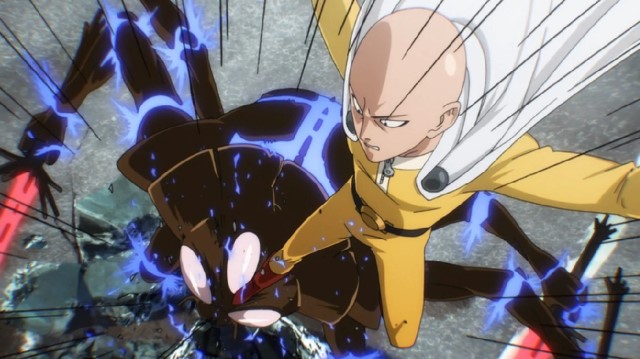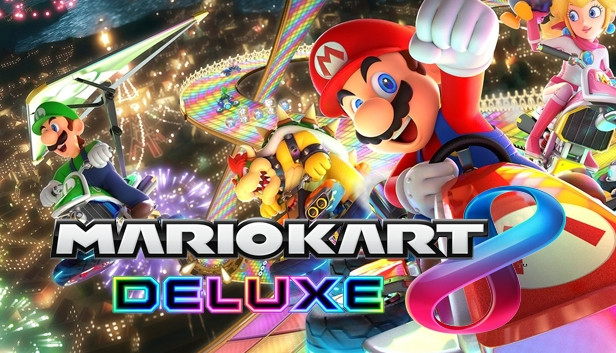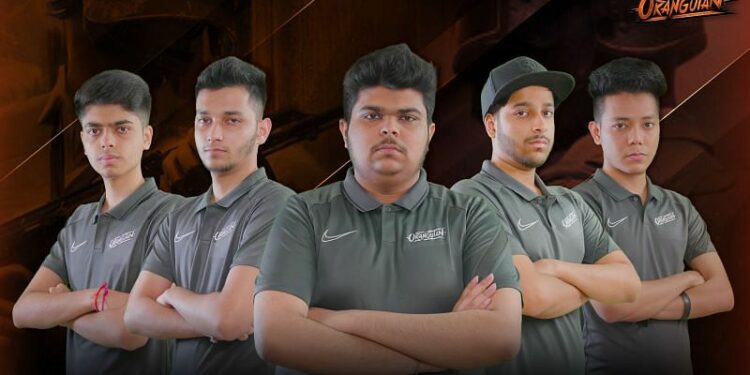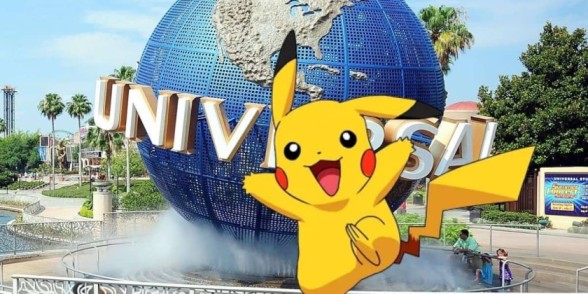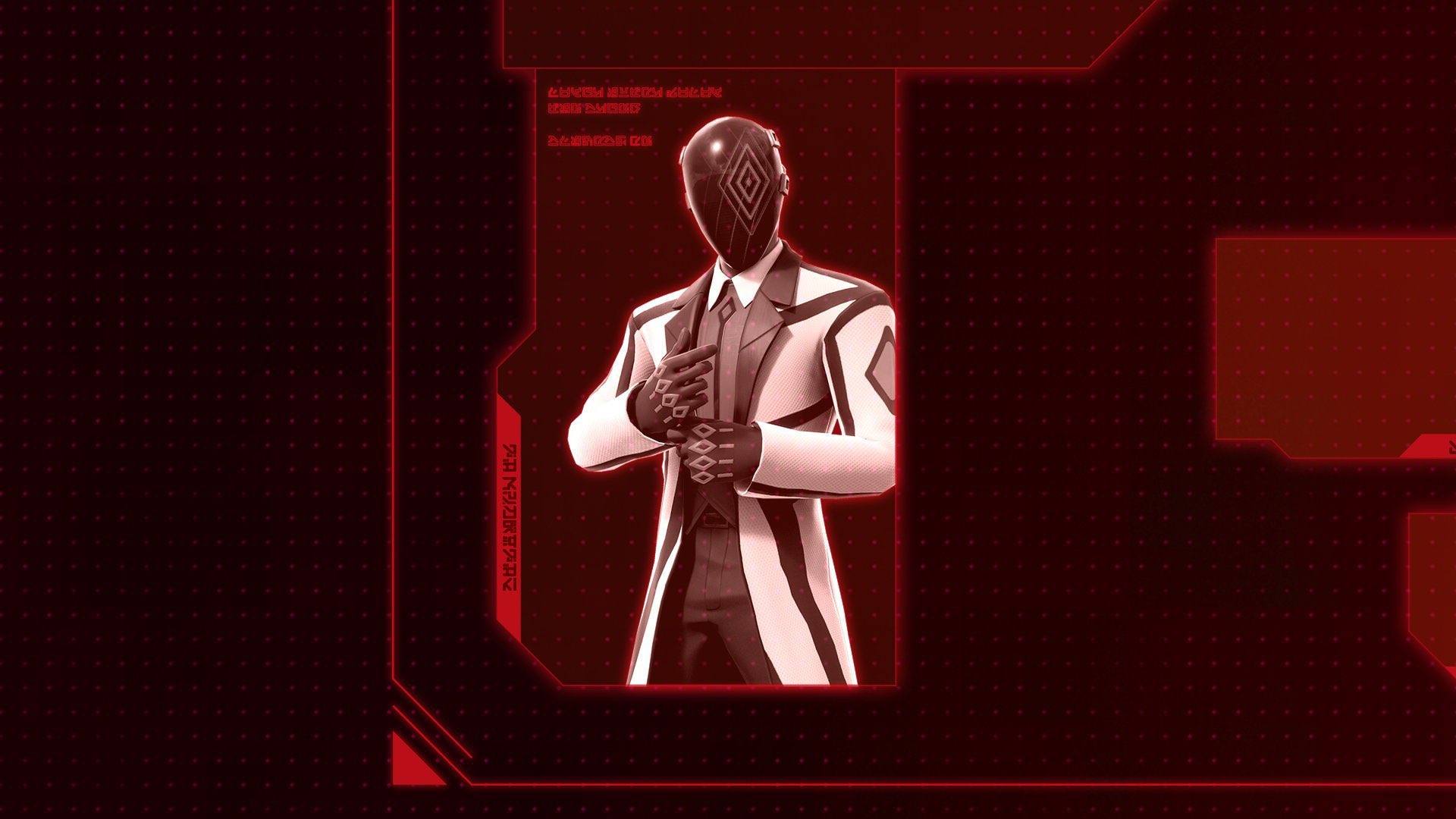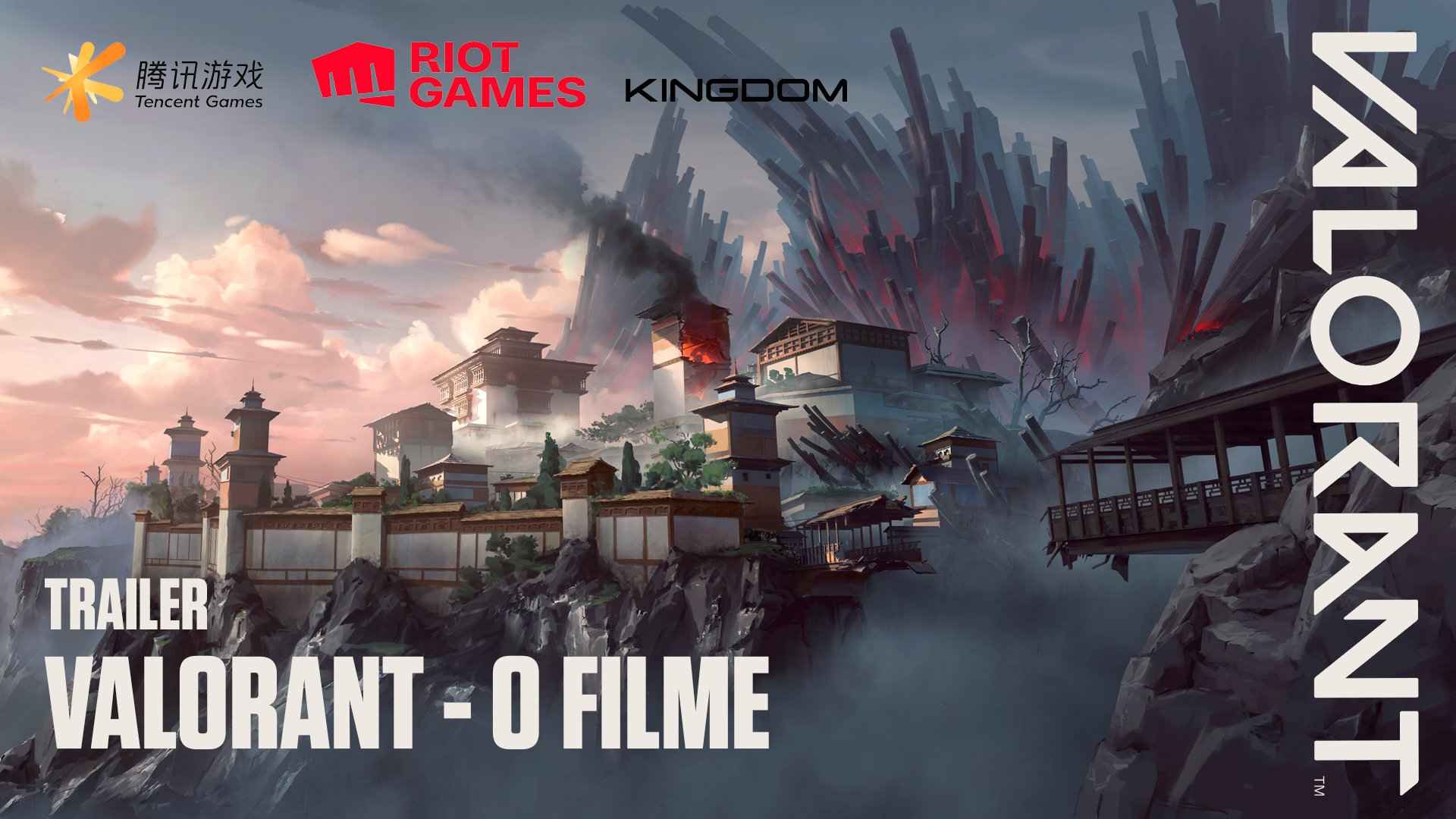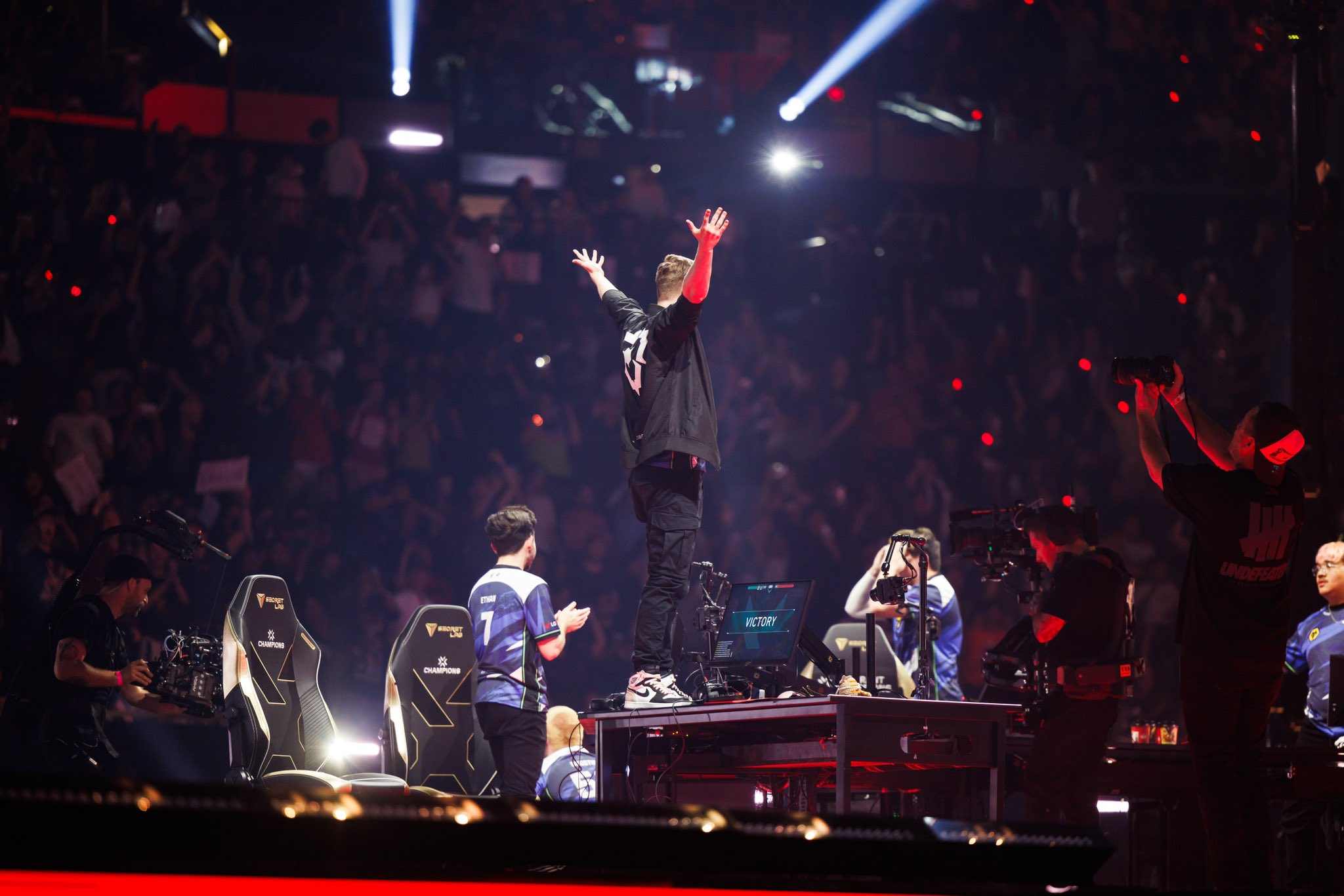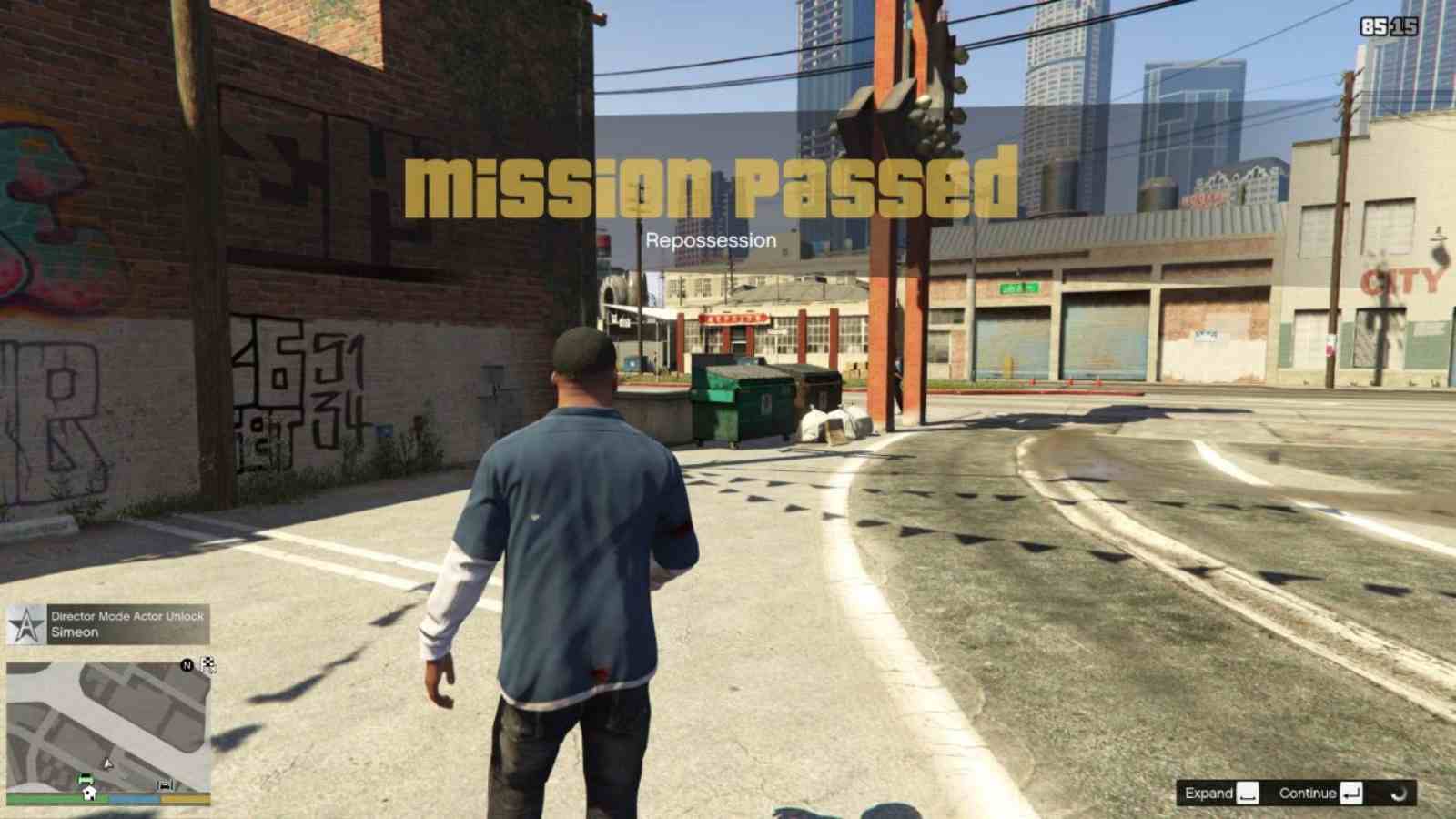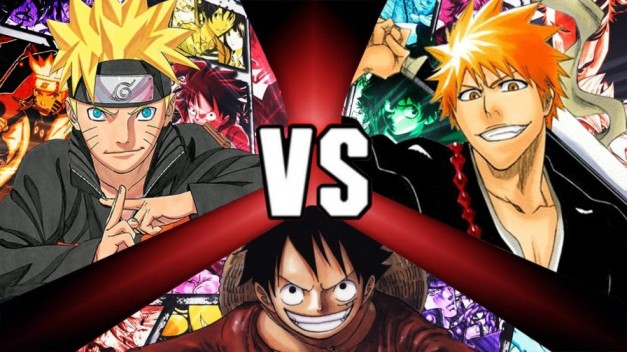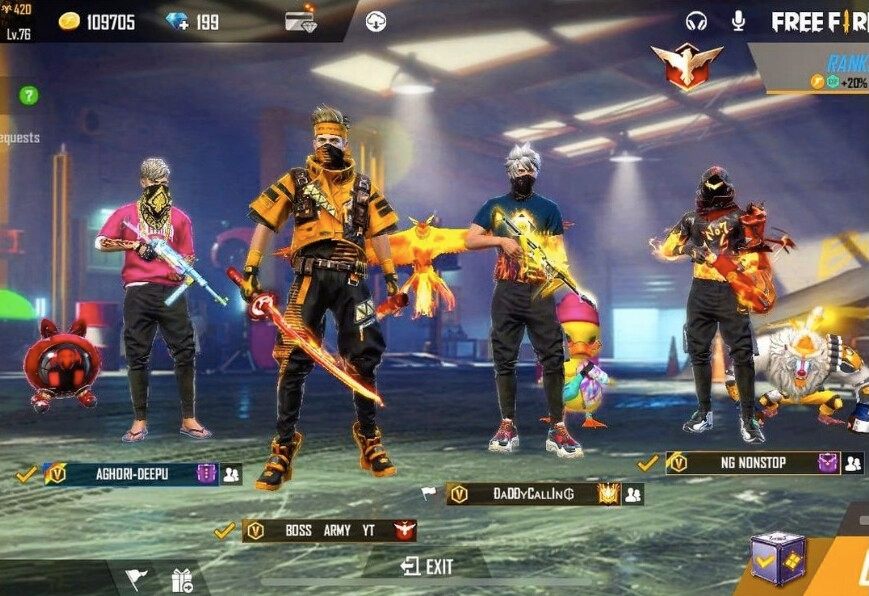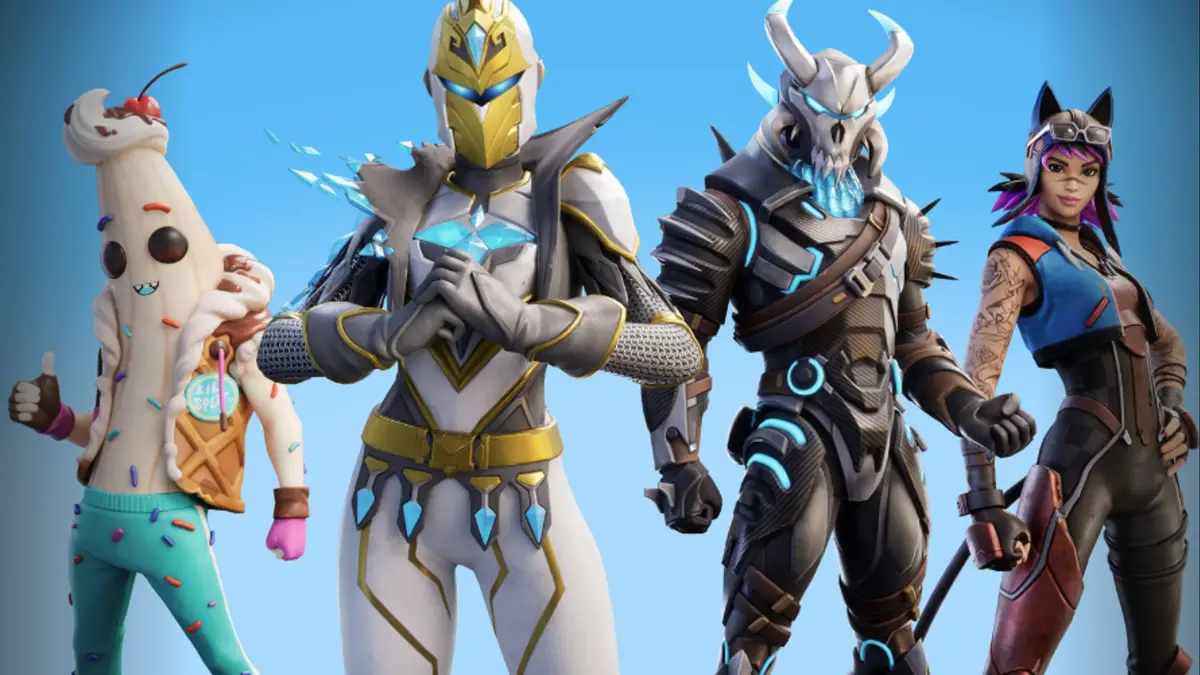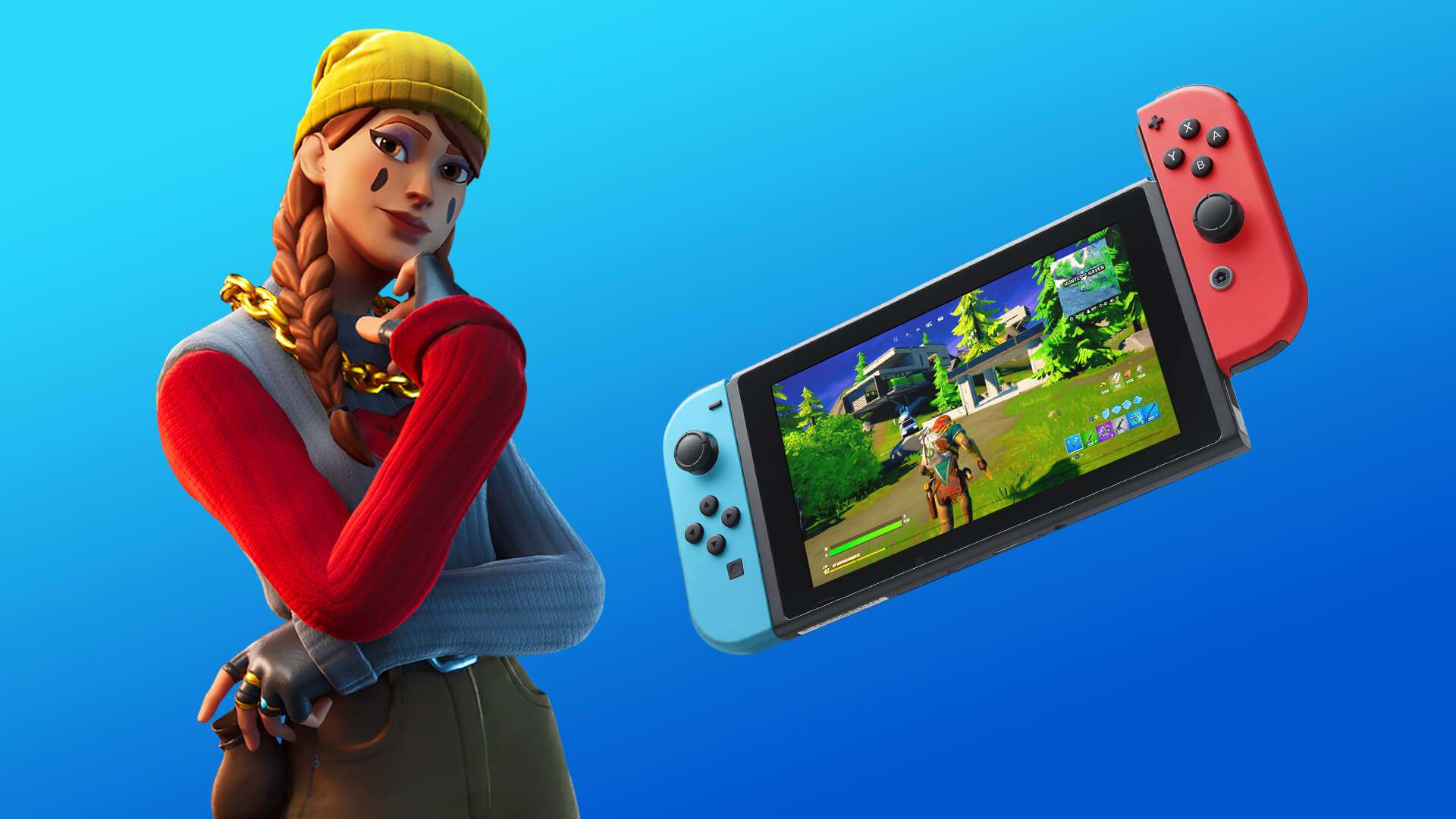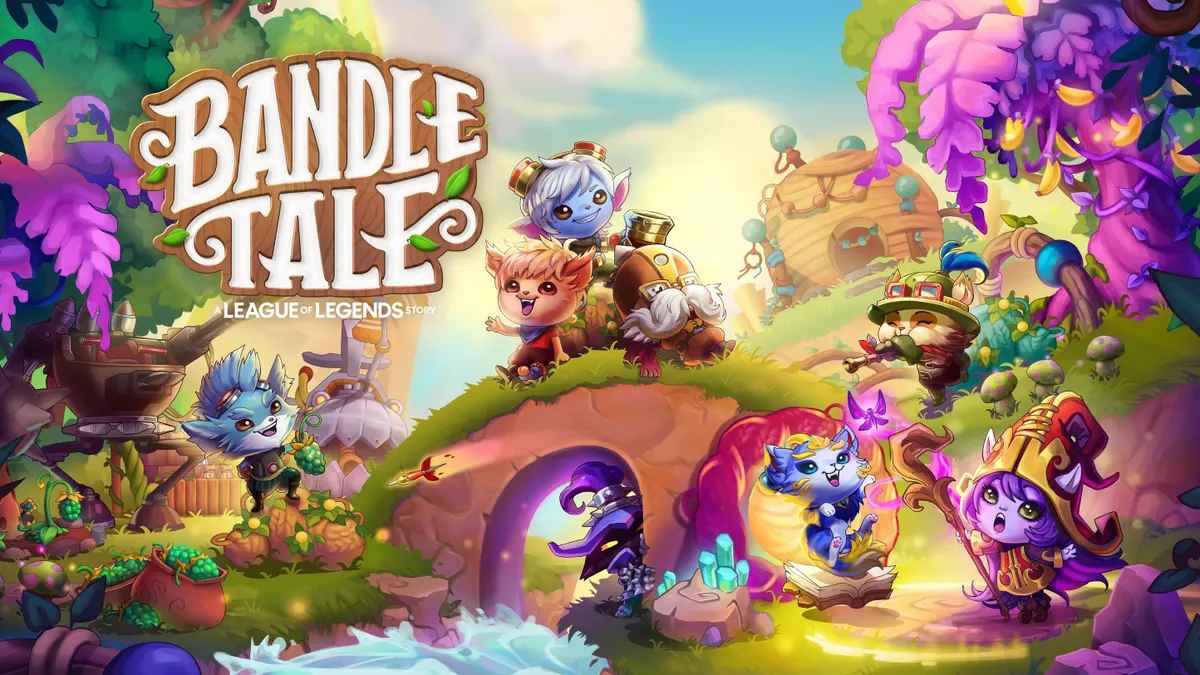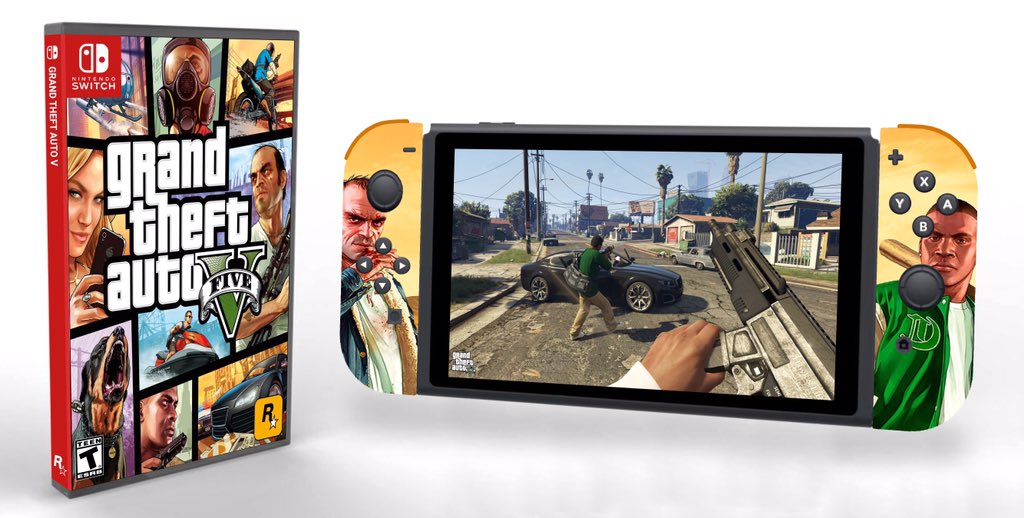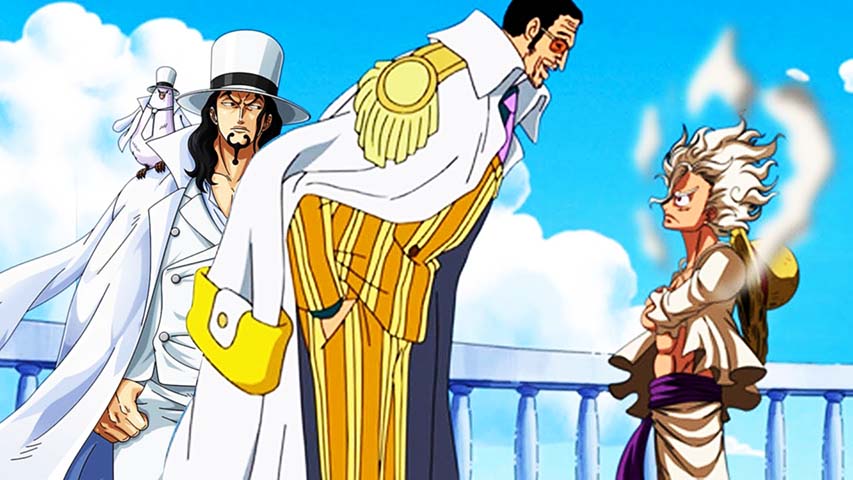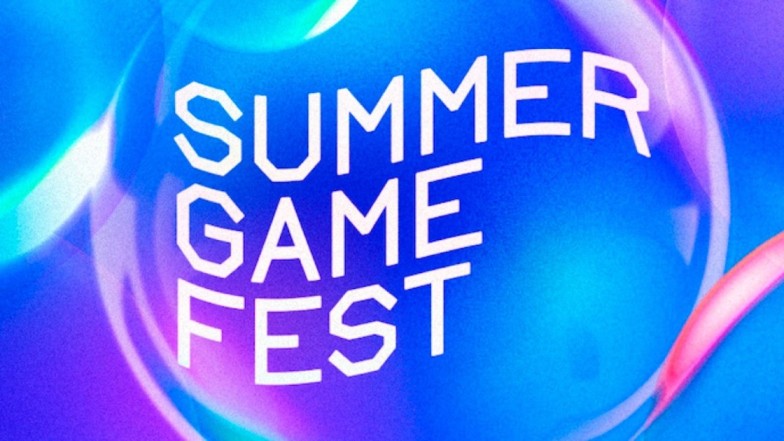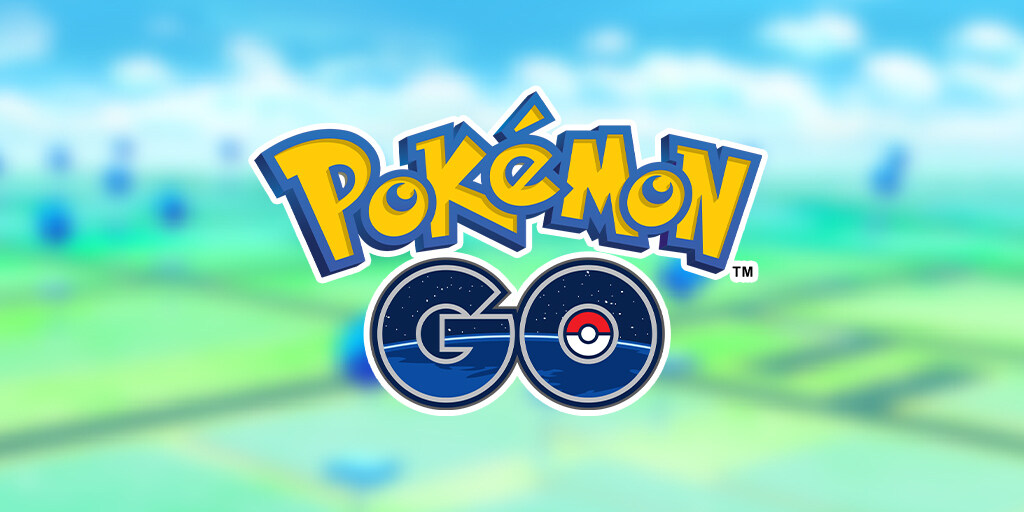3 Talking Points From Microsoft Completes $69 Billion Takeover Deal With Call of Duty
The biggest deal of the gaming industry just went through – Microsoft has completed the takeover deal with Call of Duty maker Activision Blizzard.
It happens at the same time as UK regulators authorized the worldwide transaction for Microsoft, the company that controls the Xbox game machine.
After blocking the initial deal, the Competition and Markets Authority stated that its concerns had been resolved.
The Federal Trade Commission of the United States continues to oppose it, claiming that Microsoft might exploit the merger of a significant game publisher to build “walled gardens” around its Xbox Game Pass subscription service and the nascent industry of on-demand gaming streaming. Nonetheless, FTC antitrust authorities now have a challenging struggle to try to undo the merger after losing a legal battle to halt it.
Activision’s acquisition was ” incredible,” according to Phil Spencer of Microsoft.
Activision Blizzard CEO Bobby Kotick announced in a message to employees that he will be leaving the company at the end of 2023, after the deal’s announcement.
Mr. Spencer, CEO of Microsoft Gaming, made an effort to reassure players despite worries about competition in the gaming business from regulators and competitors like Sony, the developer of the PlayStation.
“After the takeover, Mr. Spencer released a statement saying, ‘Whether you play on Xbox, PlayStation, Nintendo, PC, or mobile, you are welcome here – and will remain welcome, even if Xbox isn’t where you play your favorite franchise.'”
“Because everyone benefits when they play together. We think that today’s announcement will open up a world of opportunities for other gaming options.”
The 3 Main Talking Points from Microsoft and Activision’s Deal Are Mentioned Below
Retain Prices
Microsoft has given French video game developer Ubisoft the rights to distribute Activision’s titles on consoles and PCs through the cloud as part of the revised agreement.
Although a compromise has been reached, Microsoft will now have authority over titles like Candy Crush, World of Warcraft, and Call of Duty, which will bring in enormous sums of money for the company.
The CMA said that the updated agreement will offer more options, better services, and “preserve competitive prices” in the gambling sector.
However, the watchdog criticized Microsoft’s actions throughout the almost two-year dispute even though it approved the merger.
Microsoft’s president Brad Smith criticized the CMA’s decision, calling it “bad for Britain” and going against “the ambitions of the UK to become an attractive country to build technology businesses,” after the competition agency vetoed the merger earlier this year.
Regulators worldwide have responded to it in a variety of ways and it has been contentious, but European Union regulators have already approved it. The US competition watchdog recently had the courts reject its request to put the deal on hold.
However, Ms. Cardell of the CMA stated that “we’ve made sure Microsoft can’t have a stranglehold over this important and rapidly developing market” through the sale of Activision’s cloud streaming rights to Ubisoft, the company that creates Assassin’s Creed.
Last Obstacle Overcome
Microsoft expressed its gratitude for the CMA’s comprehensive study and judgment, according to Mr. Smith.
Activision’s departing CEO, Mr. Kotick, stands to earn $400 million from Microsoft’s cash purchase of the company at a premium price of $95 per share. Activision chairman Brian Kelly will receive $100 million depending on the number of shares that Microsoft owns.
Microsoft has consented to give Ubisoft the license to stream Activision titles from the cloud for 15 years outside of the European Economic Area (EEA) as part of the restructuring arrangement. This covers all of the EU’s member states as well as Norway, Iceland, and Liechtenstein. Microsoft will give French game producer Ubisoft Entertainment the European cloud streaming rights to all Activision titles published in the next 15 years in order to gain permission from the United Kingdom.
Activision’s material will no longer be available for cloud gaming through Ubisoft when the 15 years are up, but it’s believed by the regulator that during that time, competitors will establish themselves and make the cloud gaming industry more competitive.
Microsoft hopes that the acquisition would increase interest in its Xbox system and allow the tech company to expand Xbox Game Pass. Xbox Game Pass allows users to download and stream a library of games from the cloud for a set monthly cost.
As part of the Activision agreement, Microsoft will also acquire its own studio dedicated to creating mobile games, with the goal of building on the popularity of hits like Candy Crush.
The acquisition solidifies Microsoft’s position as the industry leader in video games and has the potential to push it beyond Nintendo to occupy the third spot, after Tencent, the market leader, and Sony, the company that owns the PlayStation system.
Because Sony was worried that popular Activision games like Call of Duty would eventually become Xbox exclusives, they fiercely resisted this agreement.
Although Sony is not opposed to purchasing profitable studios, the PlayStation now outsells Microsoft’s Xbox. However, like with any entertainment platforms, the secret to success is having access to the greatest content.
Additional Possibilities
The approval of the merger, according to consultant and former commercial director of cloud services firm UK Cloud Nicky Stewart, is “great news for gamers”.
A healthy, competitive market as well as greater variety, innovation, value, and enhanced gaming experiences are anticipated, according to Ms. Stewart, a former head of ICT at the Cabinet Office government agency.
“In the UK, Microsoft has been compelled by the CMA to make concessions that other regulators have not.” This is encouraging for the fledgling gaming sector in the UK.
Although Sony’s PlayStation continues to rule the market, Microsoft has been acquiring gaming companies lately in an attempt to lure more players to the Xbox platform. It paid $7.5 billion to purchase ZeniMax Media, the parent firm of Bethesda Softworks, a publisher of video games that includes Fallout, Elder Scrolls, and the recently released Starfield. In 2014, Microsoft paid $2.5 billion to acquire Swedish developer Mojang, which resulted in the creation of one of its most well-known games, Minecraft.
Competitors have also acquired larger game libraries through acquisitions; last year, Sony ventured close to Microsoft’s headquarters to purchase Bellevue, Washington-based independent game studio Bungie Inc. for a whopping $3.6 billion.

